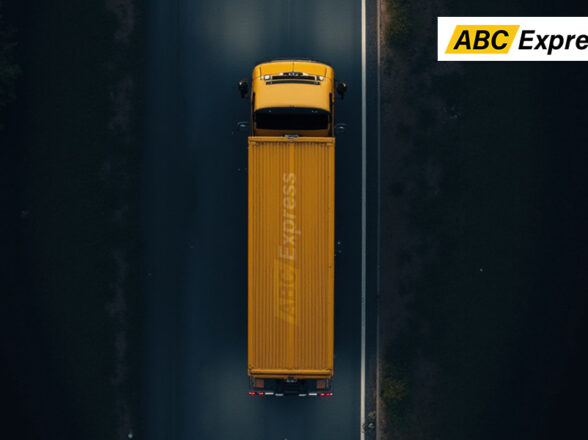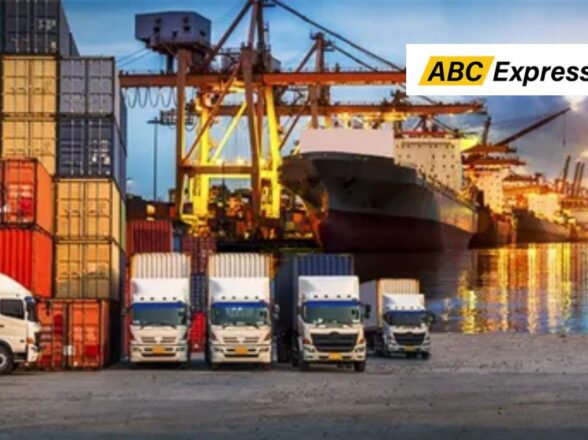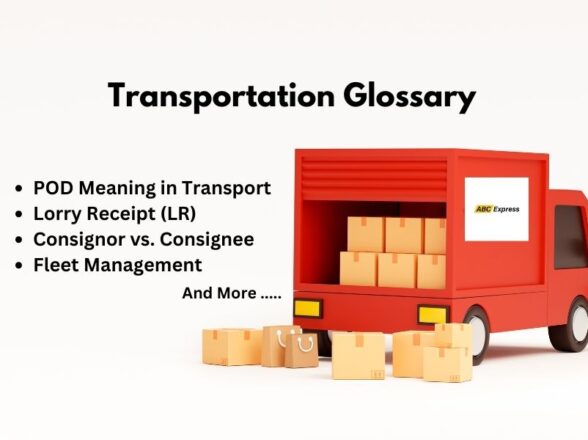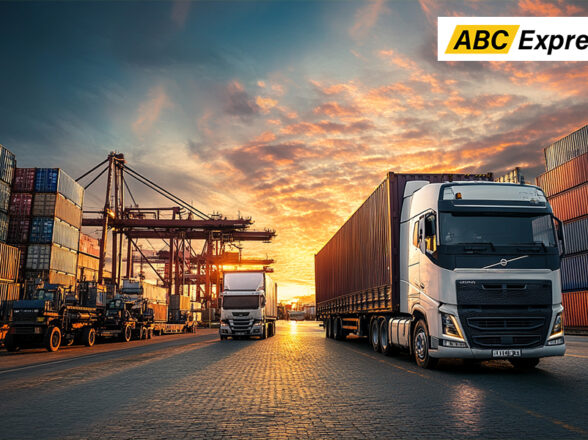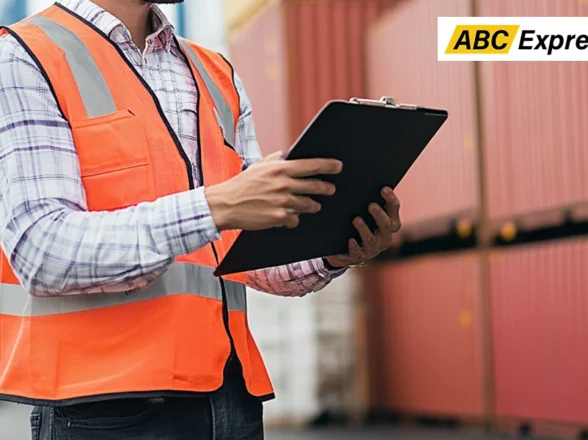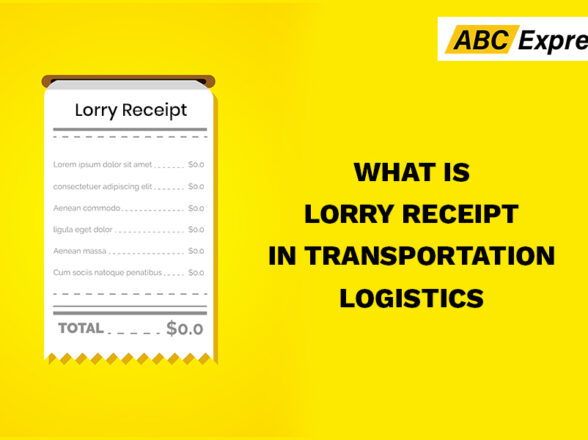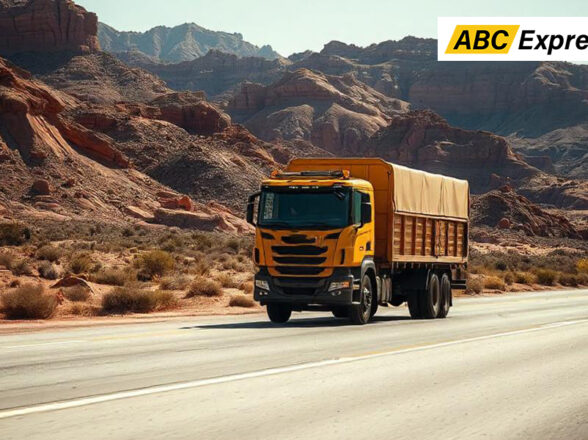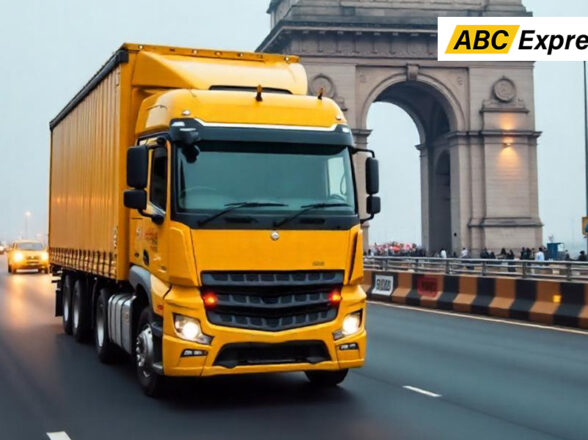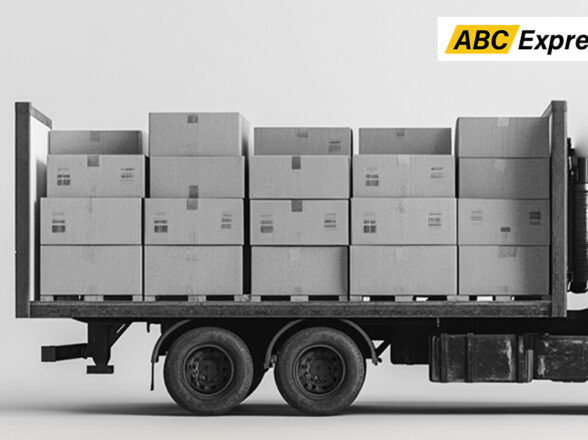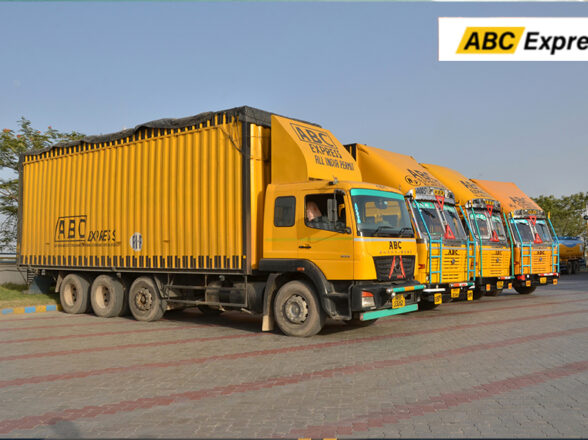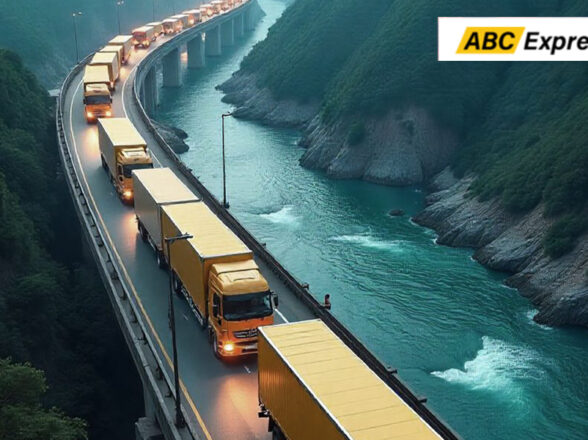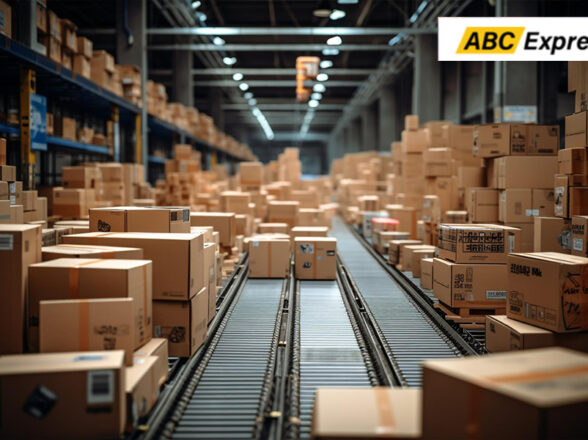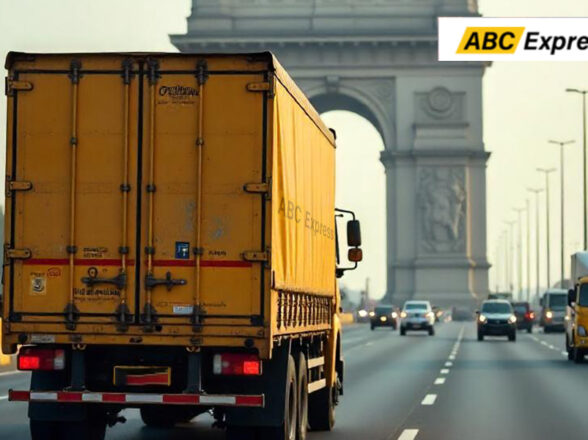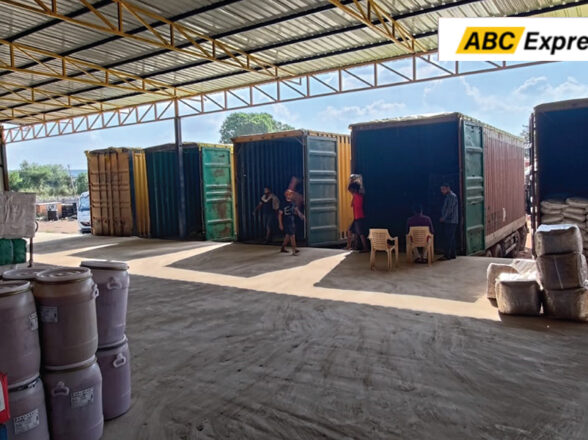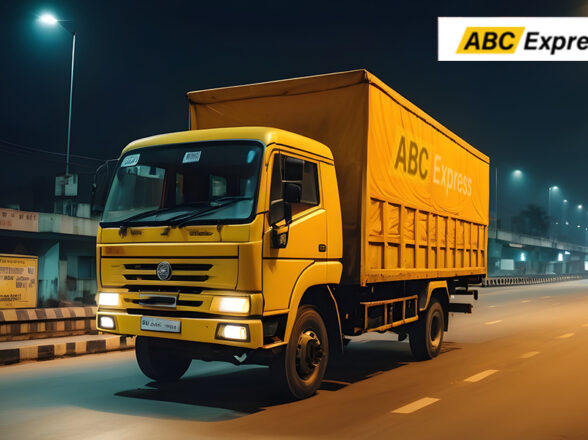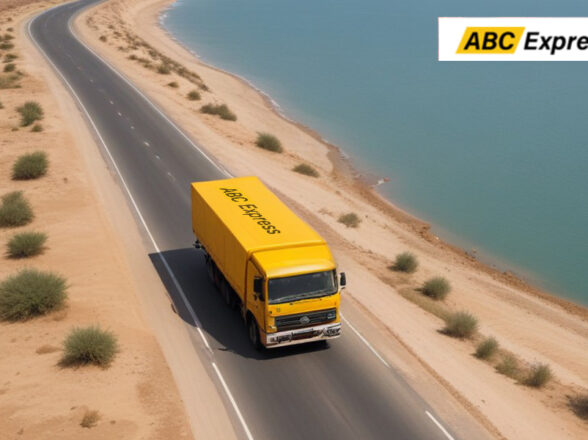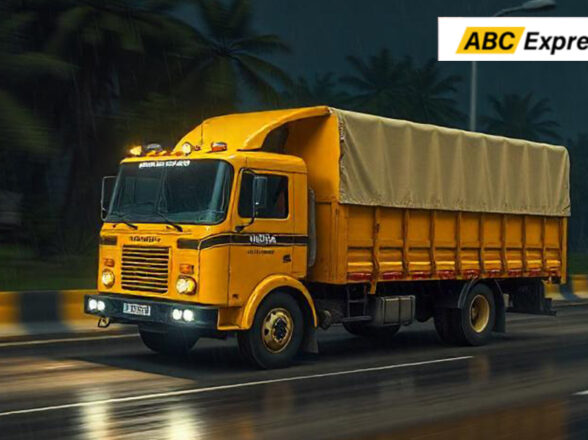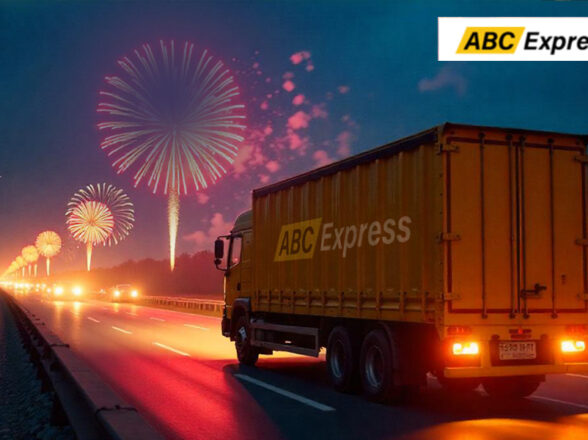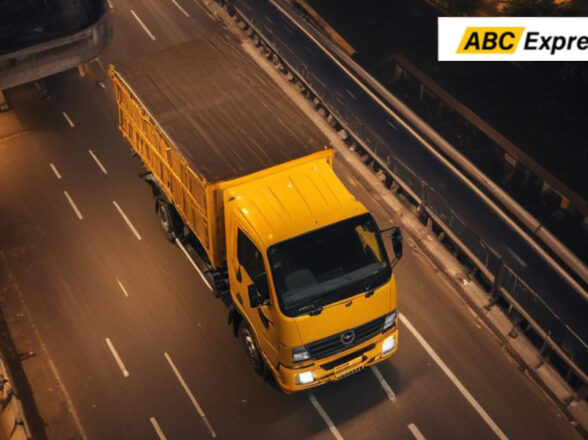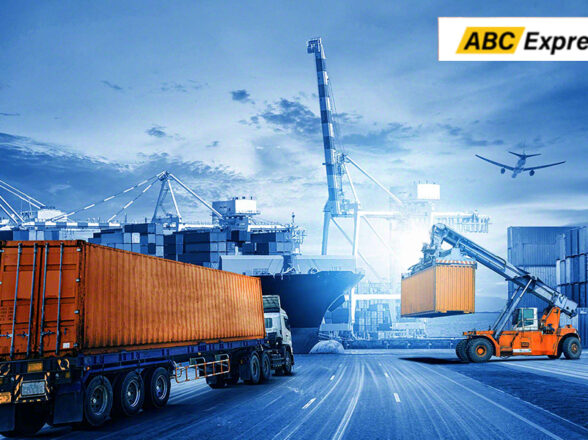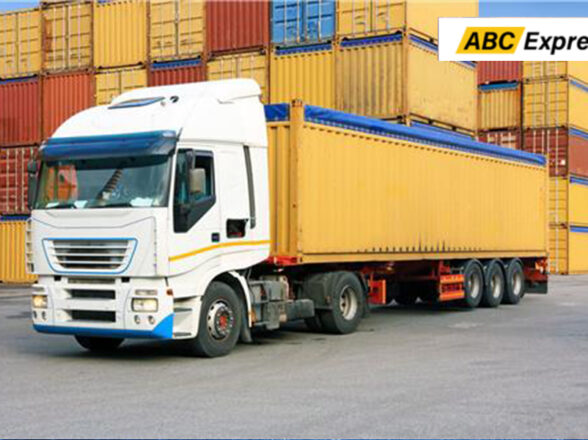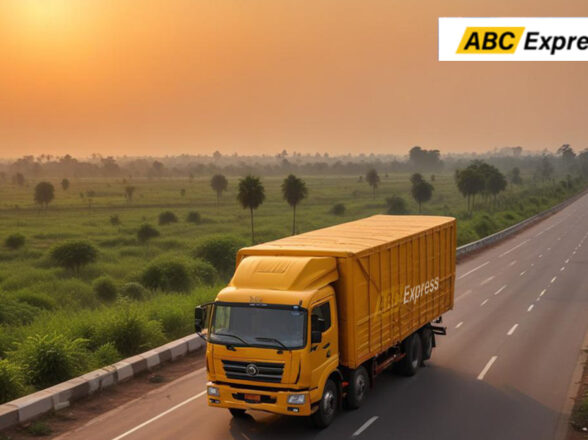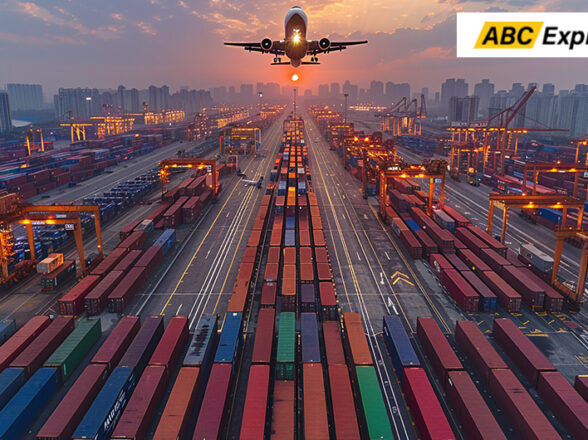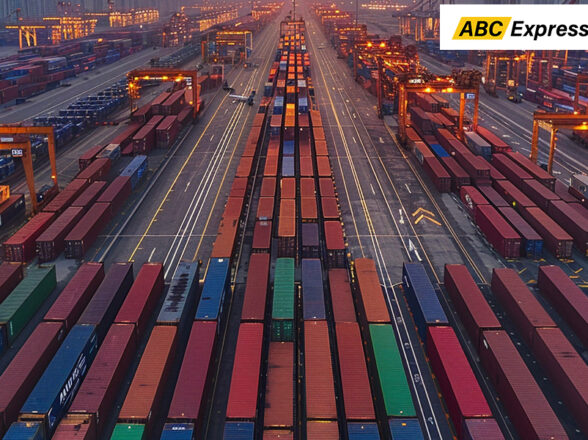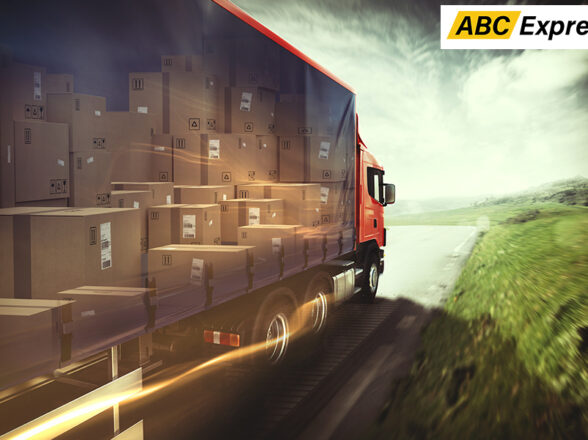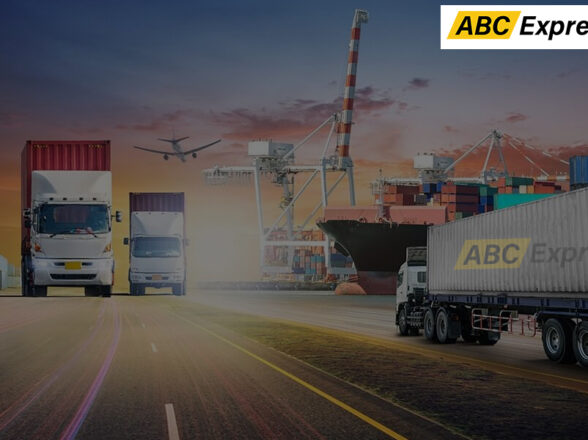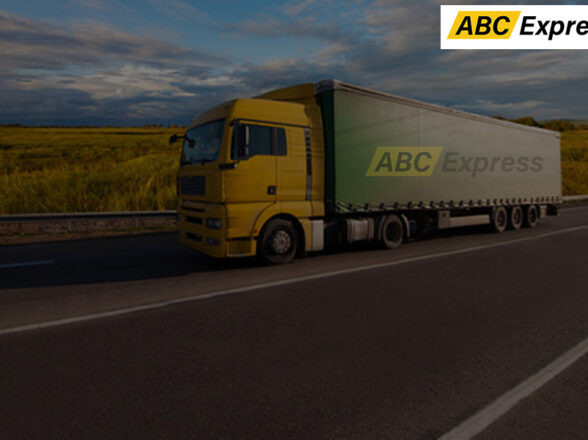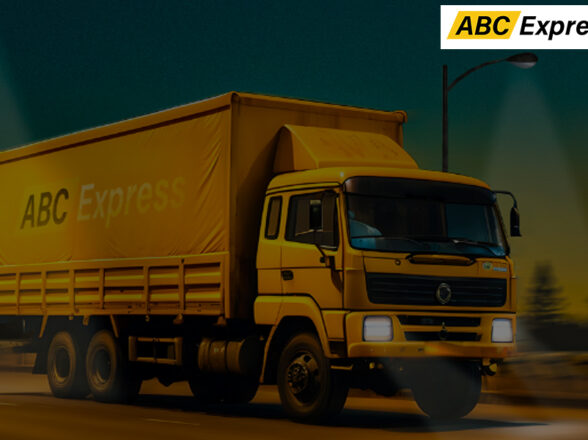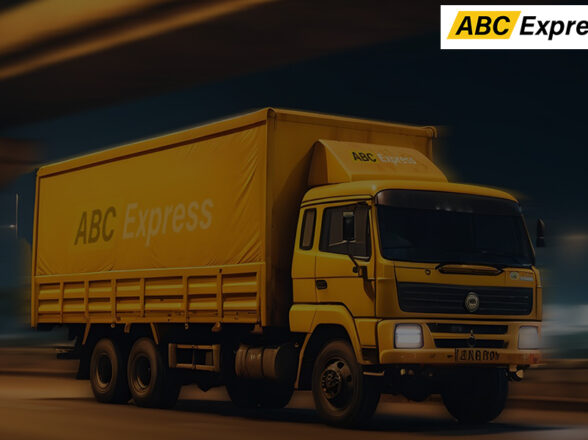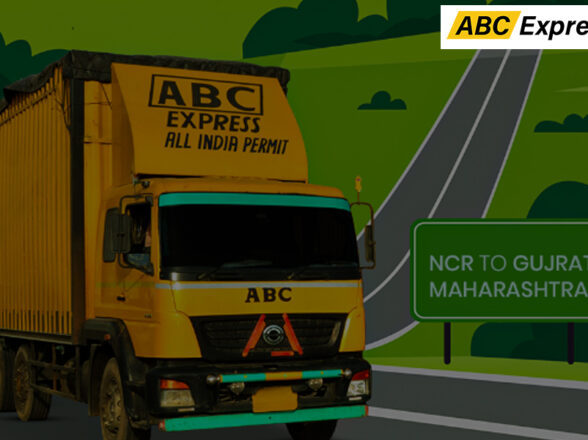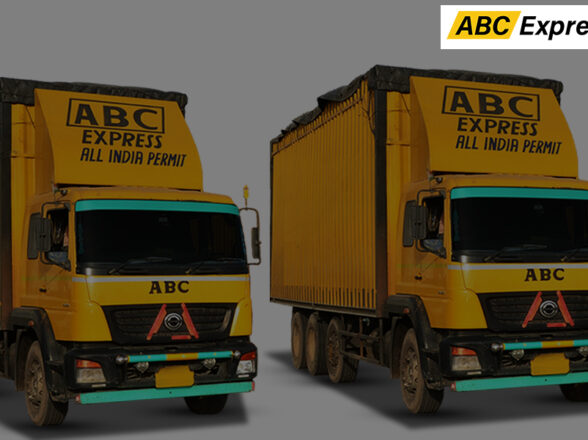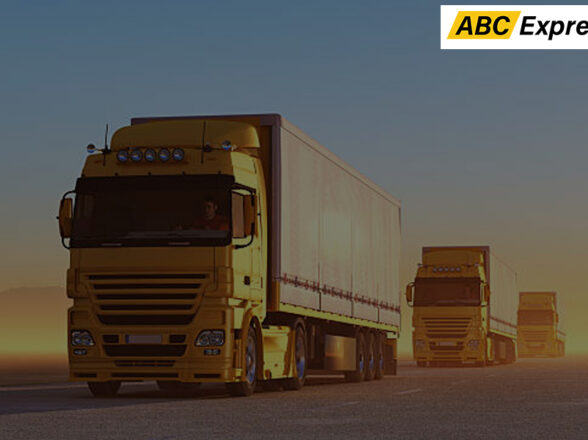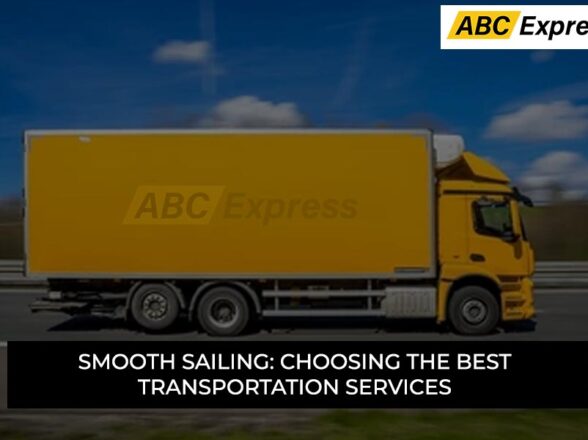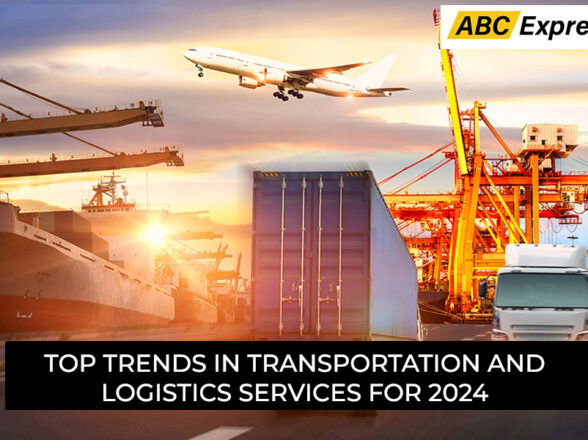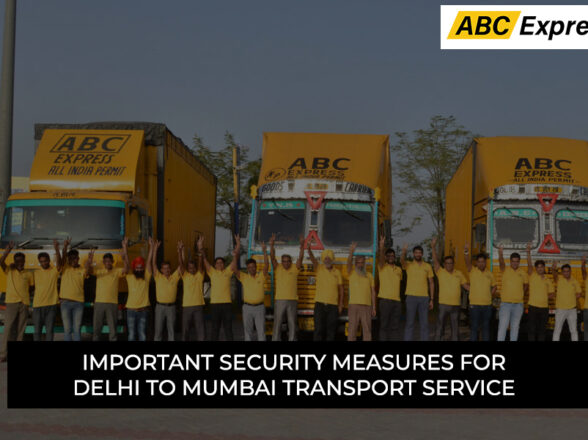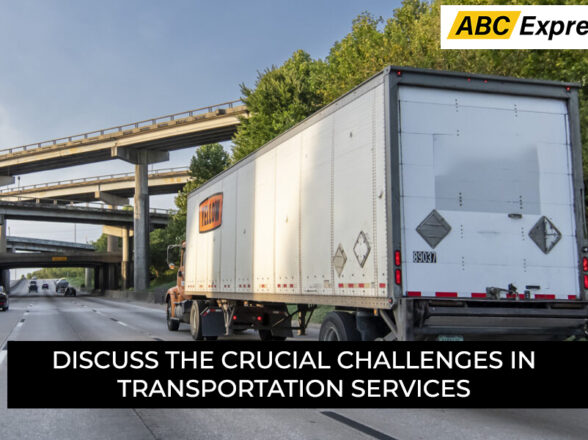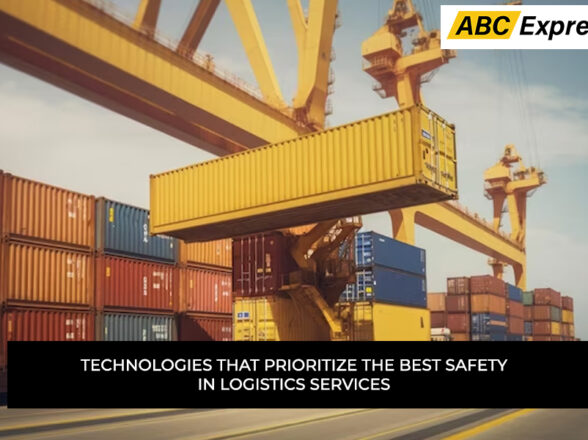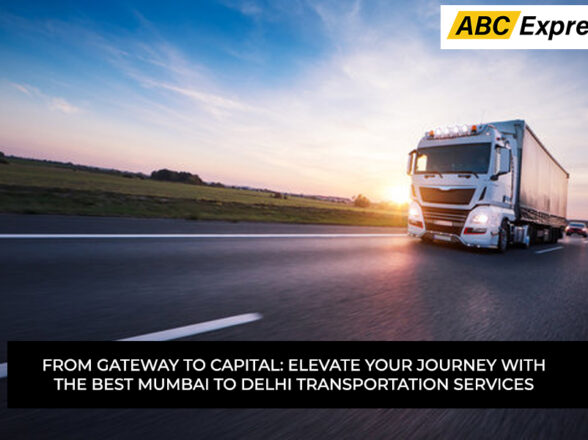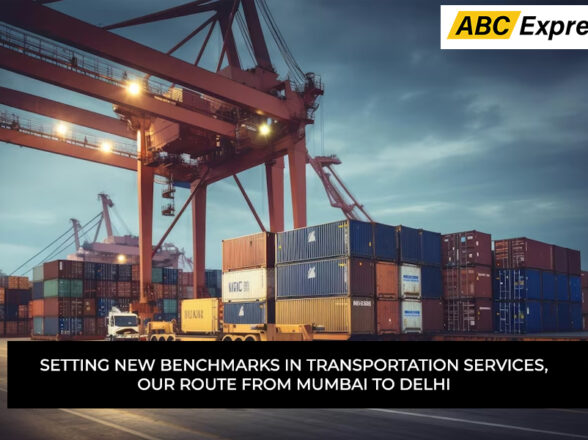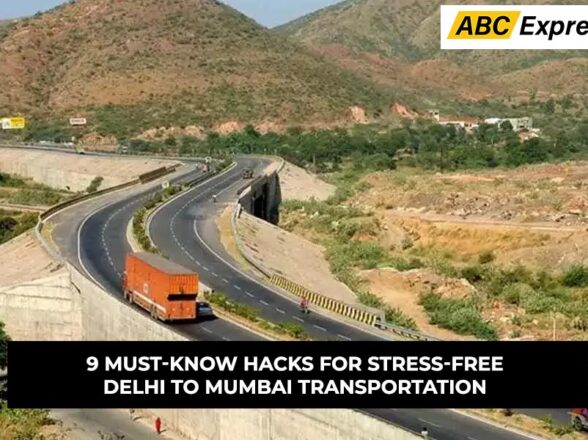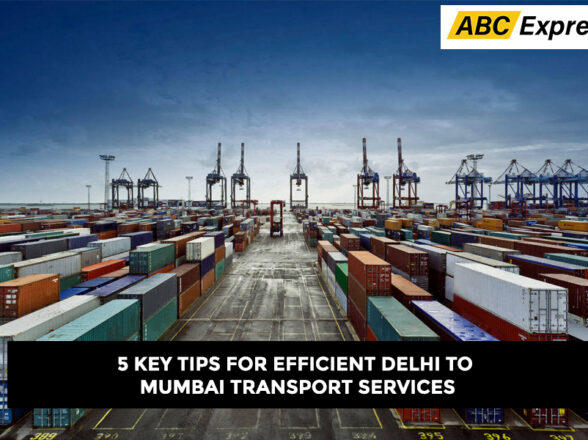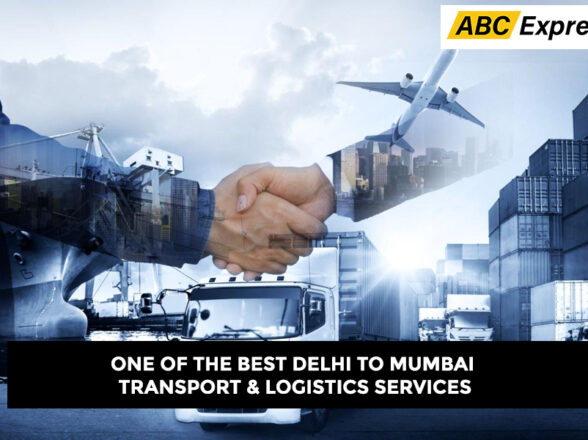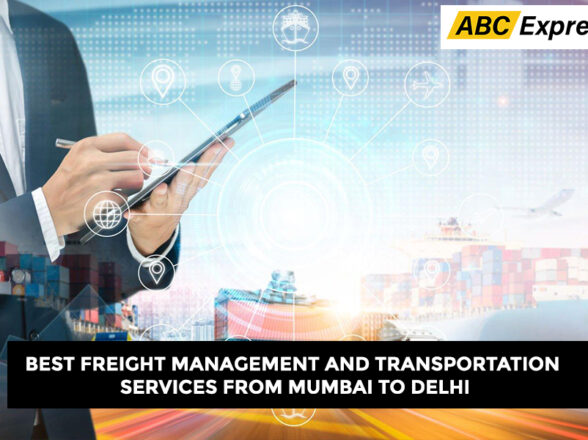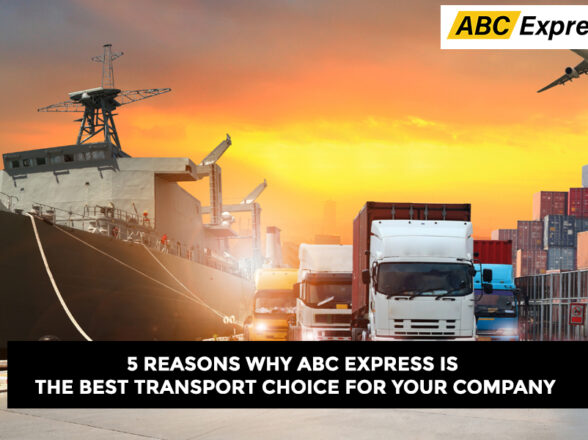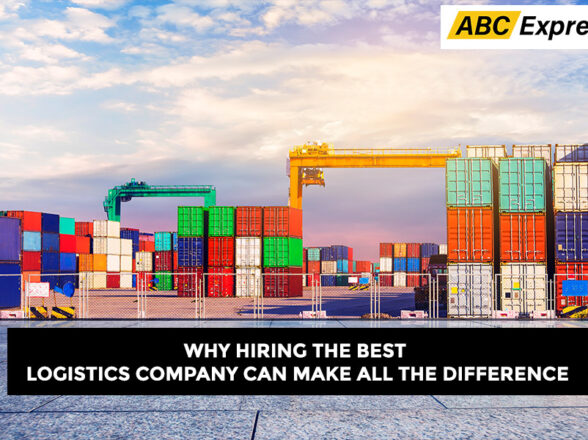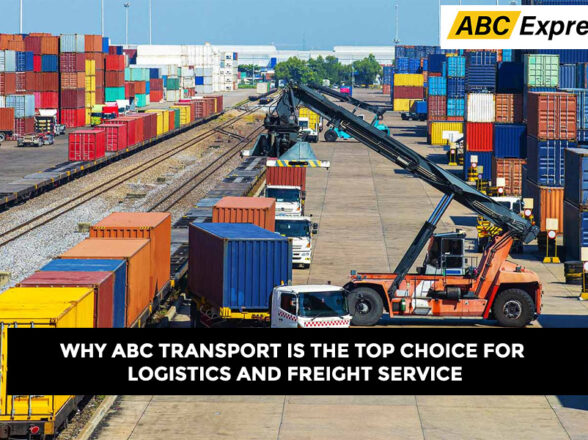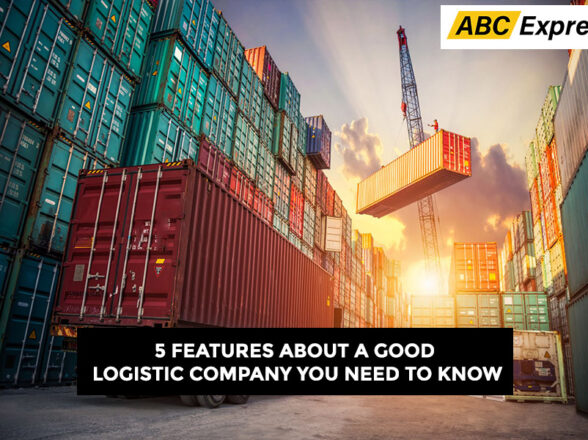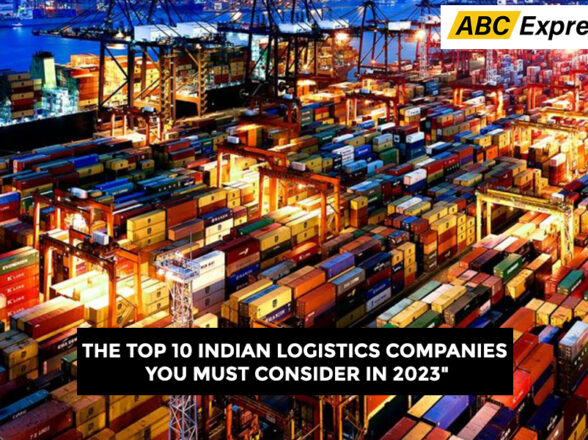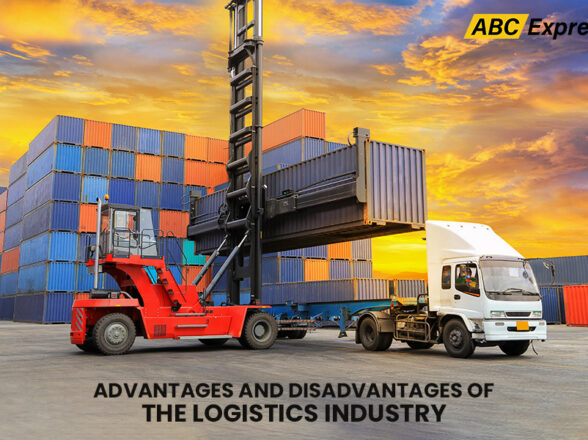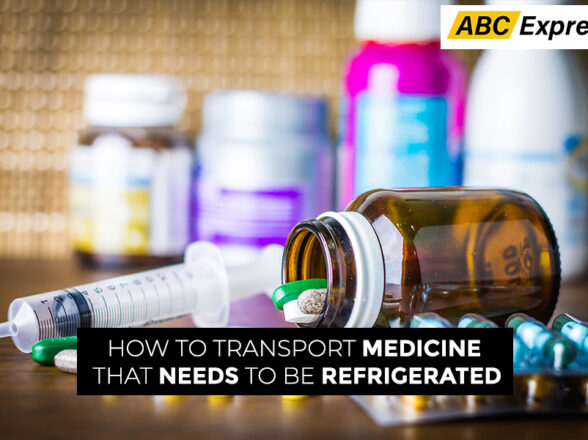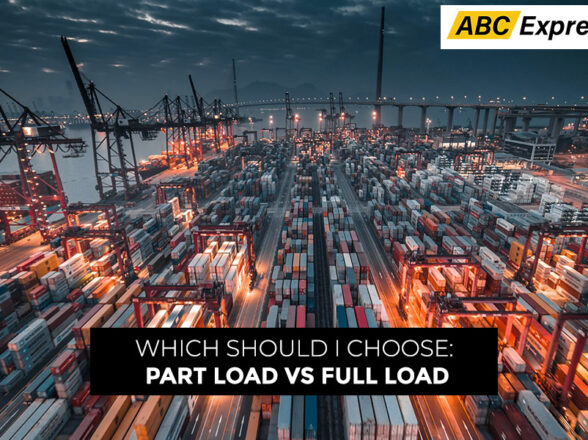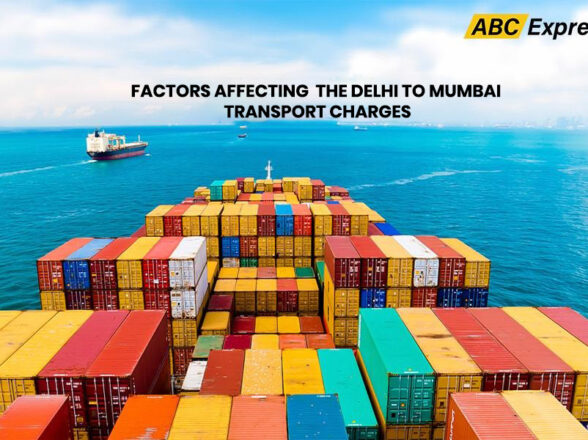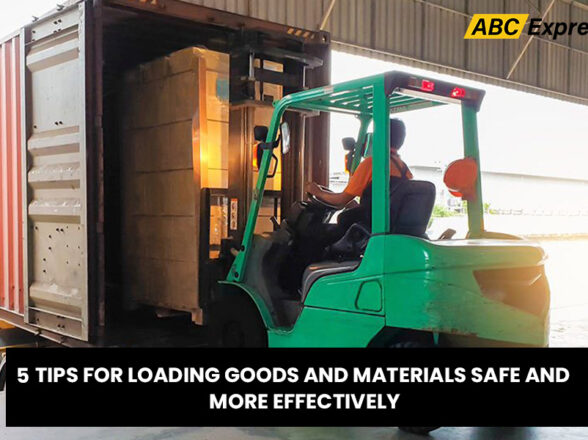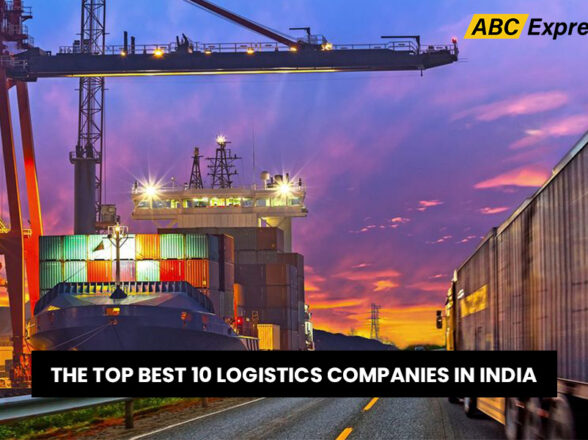What Are Transportation Modes? 5 Major Transportation Modes
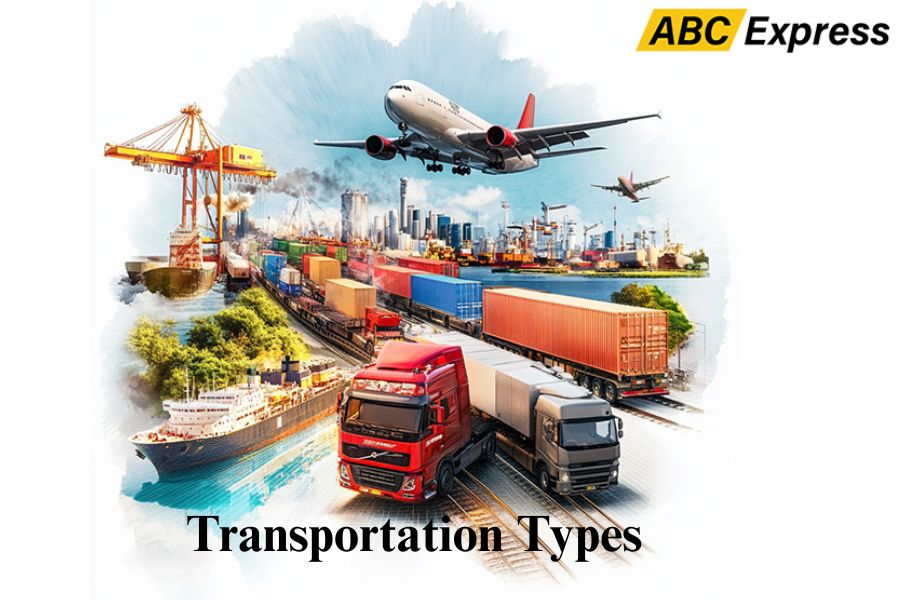
Introduction
Transportation is the lifeline of international trade and everyday life. Whether to transport goods or humans, choosing the right transportation type is essential to efficiency and cost savings. With so many ways to transport goods, knowing each one makes it easier for businesses and individuals to make better decisions.
In this blog, we’ll explore what transportation modes mean, discuss how many types of transport exist, and dive into a detailed transport types list. We’ll also compare their pros and cons and explain why ABC Express stands out best in road logistics Companies In India in Transport Market.
What Are Transportation Modes?
The term modes of transport or types of transportation is a term used to denote the different ways through which people or products travel from A to B. Transportation types can be classified based on the focus of a particular mode of transport, i.e., the transport medium, e.g., Transportation by Land (or Surface), Water Transport, Air Transport (or Aviation Transport), or Multimodal Transport.
Each of the transport types has its strengths and weaknesses and the capacity to meet certain requirements according to speed, cost, or volume of cargo. Knowing transportation types and variations among modes of transport can assist you in choosing the most suitable form of transportation for the situation.
5 Major Transportation Types with Advantages & Drawbacks
Here’s a detailed transport types list, covering the five primary methods of transportation, along with their pros and cons.
1. Road Transportation
Road transport is one of the most common transportation types, using vehicles like trucks, buses, and cars. It’s highly flexible, making it ideal for short to medium distances.
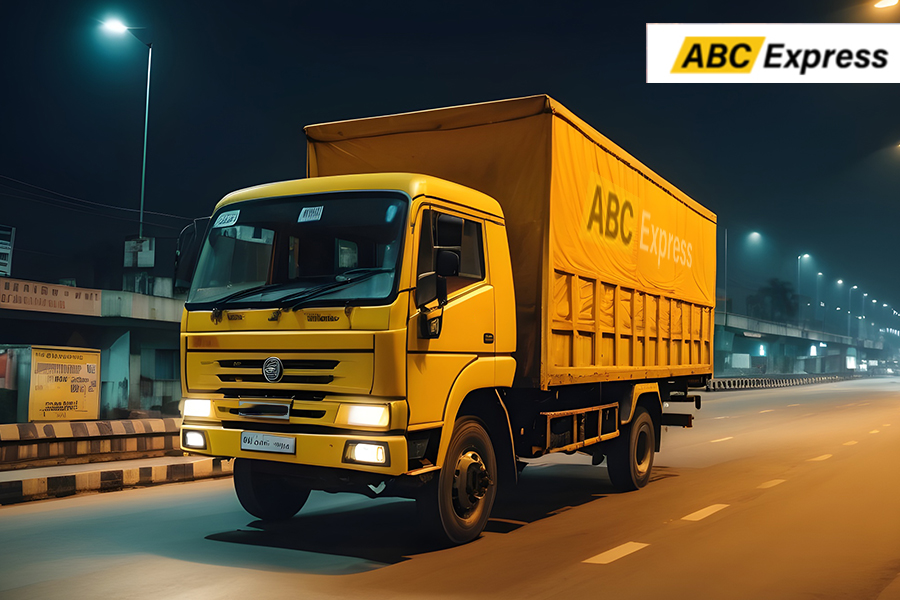
Advantages:
Door-to-door delivery – No need for additional transfers.
Flexible scheduling – Can adjust routes as needed.
Cost-effective for short distances – Cheaper than air or rail for nearby deliveries.
Wide vehicle variety – From bikes to heavy trucks.
Easy tracking – GPS allows real-time monitoring.
Drawbacks:
Traffic delays – Congestion can slow deliveries.
Weather-dependent – Heavy rain or snow disrupts travel.
Higher pollution – More carbon emissions compared to trains.
Limited long-distance efficiency – Expensive for cross-country hauls.
Maintenance costs – Fuel and vehicle upkeep add up.
2. Rail Transportation
Rail transport is best for heavy and bulk goods over long distances. Trains are efficient for large-scale logistics but lack last-mile flexibility.
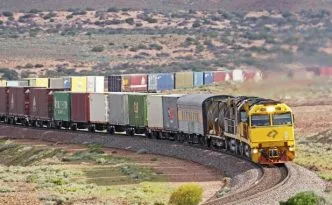
Advantages:
High capacity – Can carry tons of goods at once.
Cost-efficient for long distances – Cheaper than trucks for bulk shipments.
Lower emissions – More eco-friendly than road transport.
Reliable schedules – Fewer delays compared to roads.
Safe for hazardous materials – Reduced accident risks.
Drawbacks:
Limited accessibility – It only reaches rail-connected areas.
Slow for short distances – Not ideal for urgent deliveries.
High infrastructure cost – Building tracks is expensive.
Less flexible – Fixed routes and schedules.
Last-mile dependency – Needs trucks for final delivery.
3. Air Transportation
Air transport is the fastest transport type, perfect for high-value or time-sensitive goods. However, it’s also the most expensive.
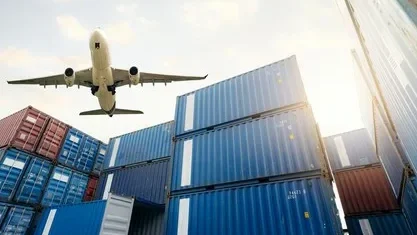
Advantages:
Fastest delivery – Covers continents in hours.
Global reach – It connects distant locations easily.
High security – Lower theft and damage risks.
Ideal for perishables – Best for medical or fresh goods.
Less handling damage – Fewer transfers mean safer cargo.
Drawbacks:
Very expensive – Highest cost per kilogram.
Limited cargo capacity – Not for over Sized shipments.
Weather disruptions – Flights get delayed due to storms.
High carbon footprint – Major environmental impact.
Airport dependency – Requires proper infrastructure.
4. Water Transportation
Ships and boats are the oldest transportation types, ideal for bulky, non-perishable goods transported across oceans.
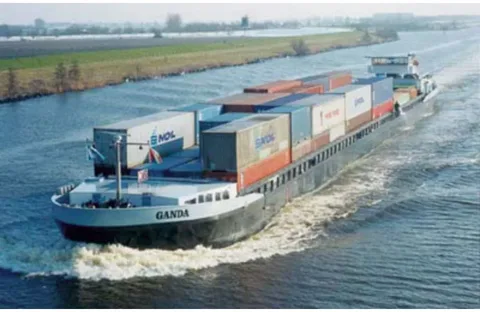
Advantages:
Cheapest for international shipping – Low cost per ton.
Massive capacity – It can carry thousands of containers.
Energy-efficient – Lowest fuel consumption per mile.
Best for heavy cargo – it Moves machinery, oil, and grains.
Fewer accidents – Safer than road or air transport.
Drawbacks:
Very slow – Takes weeks for deliveries.
Port limitations – Only accessible near coasts.
Weather risks – Storms and piracy can disrupt routes.
High port fees – Additional handling costs apply.
Not for perishables – Long delays spoil fresh goods.
5. Multimodal Transportation
Intermodal transport combines two or more transportation types, like rail + truck or ship + rail, to maximize efficiency.
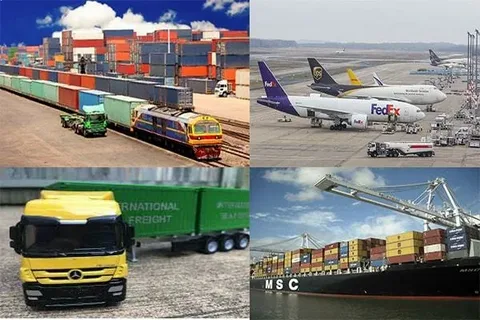
Advantages:
Cost-effective – Use the best mode for each leg.
Reduces delays – Minimizes road congestion.
Eco-friendly – Lowers carbon footprint.
Flexible for long distances – This optimizes global logistics.
Secure cargo handling – Less risk of damage.
Drawbacks:
Complex coordination – Requires seamless transfers.
Higher documentation – More paperwork is needed.
Potential delays – If one mode gets delayed.
Special containers needed – Adds to costs.
Limited availability – Not all regions support it.
Why Choose ABC Express for Road Transportation?
Among all transportation types, road transport remains the most widely used. If you need reliable road logistics, ABC Express is a top choice because:
Nationwide network – Covers all major cities.
Modern fleet – A modern fleet of trucks that are in good condition, allowing for secure delivery.
Live tracking – Know the status of your shipment at any time.
Competitive pricing – Affordable without compromising quality.
24/7 support – Available 24/7 for assistance with logistics needs.
Whether it’s small parcels or heavy cargo, ABC Express ensures timely and secure deliveries.
Conclusion
Understanding different transportation types helps businesses and individuals choose the best method of transportation for their needs. Each transport type—road, rail, air, water, and Intermodal -has unique benefits and challenges.
For road transport, ABC Express offers reliability, affordability, and efficiency. Whether shipping locally or nationally, choosing the correct mode of transport guarantees cost-efficient and smooth logistics.
Next time you plan a shipment, consider the transport types list and select the one that fits your budget, timeline, and cargo requirements!
Also Check out Truck transportation charges in India

